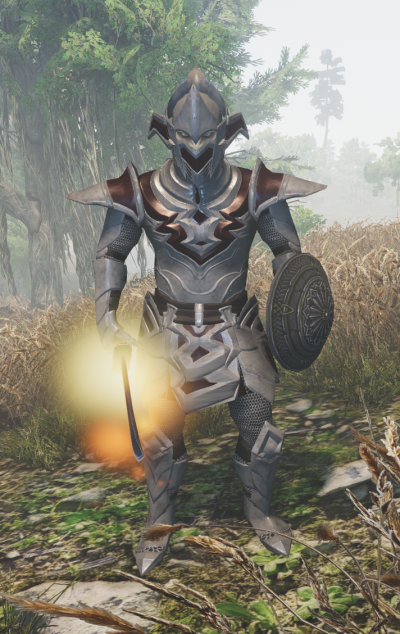| Tast
| |
|---|---|
 | |
| Title: | God of War and Armies
|
| Location: | Alharth, Povus
|
| Classification: | Class 1
|
Location
- Povus
- Tast can be summoned at the forge in the Orc Camp in Povus. To learn how to summon him, you must have at least level 25 in the Orcish language and complete Tremmond Blackhammer's Secrets of Orcish Armor (part 2) quest. (The summoning requires you be touching the orc camp forge and say "Gurkah, Tast!" in nearby chat. However, it will not work until you have completed Blackhammer's quest.)
Note: When you summon Tast, a powerful semi-elite Barghest will appear instead and you must defeat it before he will appear. Also take note that every orc in the immediate area will be called to beat you down for your insolence.
Quests
Tast has four quests to teach you sets of Armorsmithing recipes on completion. Hint
- No Ordinary Blacksmith's Challenge (to learn Quality Orcish Plate recipes)
- Forging Armor from Blood (to learn Great Orcish Plate recipes)
- Hammer Steel, Hammer Brain (to learn Amazing Orcish Plate recipes)
- Way of the Warsmith (to learn Astounding Orcish Plate recipes)
Lore
Tast, alongside Ormorek, is heavily worshiped by Dwarves.
Classic Stories: Arisetsu and Vol
The book Classic Stories: Arisetsu and Vol describes Vol's romance with Arisetsu, Goddess of Hope.
Warring Gods
In The Gods, XIV: Dale Renthian, Tast is described as having fought other gods alongside Gulagra, at the time friends. Classic Stories: Arisetsu and Vol elaborates on the fight, as being a battle where many gods sided with Tast and Dreva. The Gods, VIII: Gulagra reveals that Gulagra and Tast's friendship ended after this battle.
Embalming Tool
Followers of Tast often carry an to represent their contempt for death that occurs off the battlefield.History of Tast and His Foes
“A complex book written by an orcish sage. It documents the known history of Tast, the god of war and armies. It depicts Tast as a giant orc, taller than a building, riding atop a horse so dark that it seems to be made of shadow. The most interesting portion of the book documents "Old Tast," the first version of the god, who loved chaos. Over thousands of years, Tast changed. He now despises chaos for its own sake, and prefers organization, structure, and planning. Why the change? It's impossible to say, but this book explains all the popular theories.